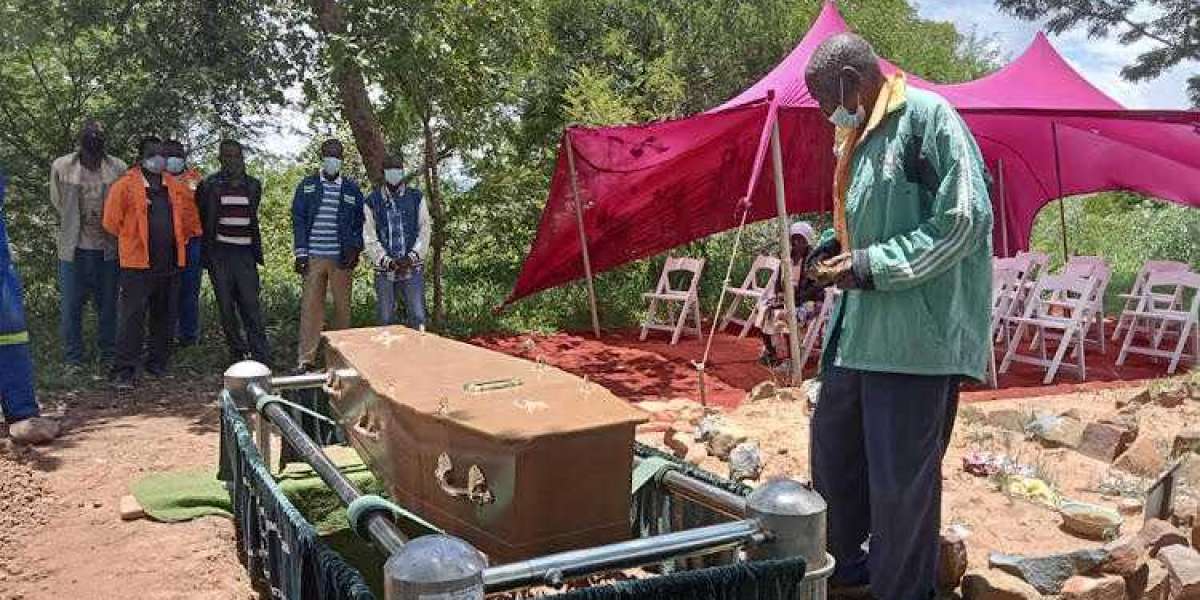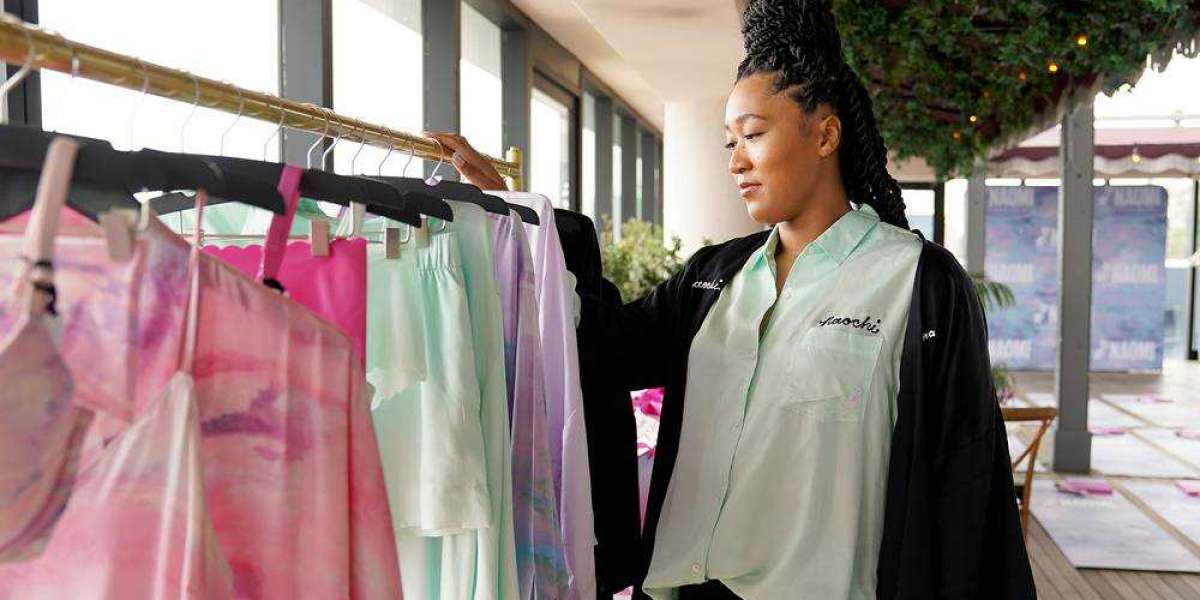Yesterday Kekae, expressed relief after he was finally able to have his late son Lesiba’s remains exhumed and buried at the local cemetery at Dikgokgopeng village, outside Mokopane, in Limpopo. The trouble began a few years ago when Kekae refused to contribute the annual R100 fee each family has to pay to the grave diggers fraternity commonly known as "Diphiri" (the hyenas). Kekae and his wife Desia were left with no choice but to bury their son in the yard, next to their outside toilet.
Kekae said the lengthy process of trying to get the body exhumed for proper burial added to the family’s heartbreak over losing Lesiba. “It was a burden. Every time I faced that direction in the yard, I would have to face my son’s grave. The [fear] of dying before giving Lesiba a proper funeral broke my heart,” Kekae said. He recalled the day he was barred from using the community cemetery by members of Diphiri who chased them away. “It was chaos and they were mocking us. I will never forget that painful day. Today I am happy that I can finally bury my son next to other family members.”
The family had initially tried to report their case to the police but did not get help. Community member Meriam Moteagone, said they then involved the Bakenberg Traditional Authority to assist and the lengthy process to apply for exhumation was started. On Wednesday afternoon Kekae and his wife walked up to their son’s grave in the yard to perform a ritual and inform Lesiba’s spirit that he would be moved to the cemetery. “I told him that he should not be surprised when we move him to his new home where he will rest next to his relatives and where I would join him when my time comes,” Kekae added. With a black shawl wrapped about her petite frame, Desia also expressed relief at seeing the end to their suffering.
“I don’t have a lot to say. My strength has been spent by the years of knocking on doors and trying to give my son a decent burial. But I am grateful that we have come this far,” Desia said. The sound of shovels hitting the ground, as members of the exhumation team who wore white overalls dug into the ground could be heard as one moved closer to the Kekae family toilet. The exhumation was carried out according to regulations set under the National Health Act which require for a grave to be disinfected and sealed immediately. The team placed the remains inside the new coffin and ensured that it was sealed.
After the process was completed, a procession of community members and relatives made their way to the cemetery, a walking distance from the family home. There was no singing of hymns, as some of the men walked stoically alongside the hearse. At the cemetery a family member Malesela Kekae said a short prayer before the coffin was taken down the grave. Earlier Malesela had told Sowetan that it was a bitter-sweet day for the family. “We are happy that our brother will now rest peacefully but we are saddened by what the community has put us through. It has been a long and hard journey,” Malesela said.
Leader of the traditional authority Madimetja Daniel Langa said at first all community members in the area were happy to contribute R100 annually to the grave diggers, but over the years family’s like the Kekae’s felt they no longer needed their services. Langa said what started out as a good community initiative has since been taken over by greedy individuals who wanted to exploit residents and bully them into paying fines. He said the grave diggers had fashioned themselves to be the custodians of the local cemetery, "which was wrong". “We want people to know that everyone has the right use the cemetery,” Langa said.








